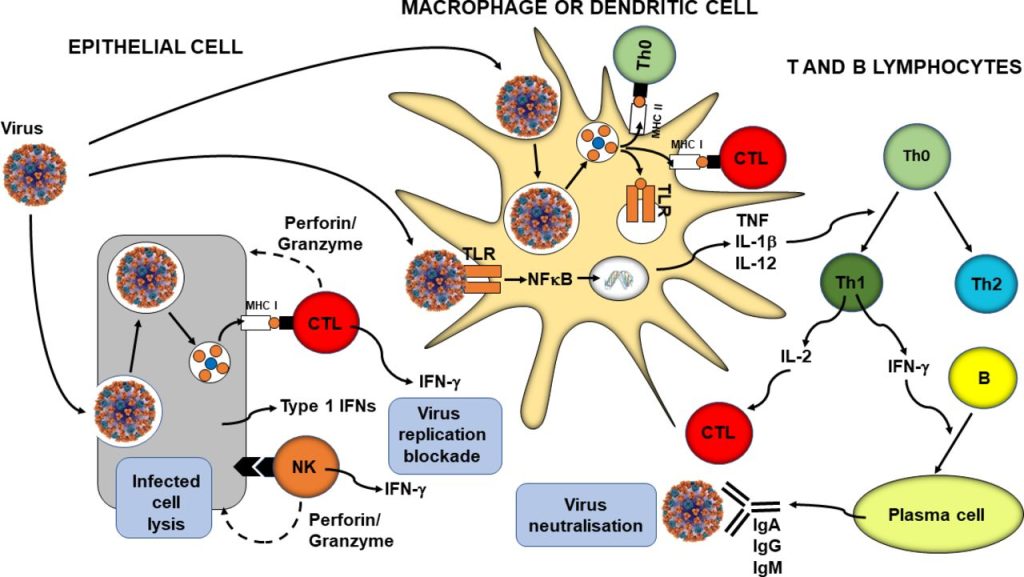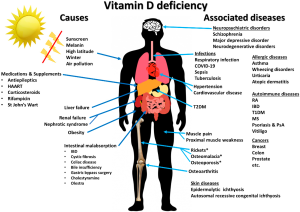
Micronutrients, such as vitamins and minerals, play an essential role in the proper functioning of the immune system
The immune system is responsible for protecting the body from infections and diseases, and an adequate supply of micronutrients is crucial to maintain its proper functioning. In this article, we will explore the role of micronutrients in immune function and disease prevention
Vitamin C is a micronutrient that has long been associated with immune function. It plays a crucial role in the production of white blood cells, which are responsible for fighting off infections. Vitamin C is also a potent antioxidant that can protect against free radical damage that can compromise immune function. Studies have shown that vitamin C supplementation can reduce the duration and severity of respiratory infections, such as the common cold.
Vitamin D is another micronutrient that is important for immune function. It is necessary for the production of antimicrobial peptides, which are natural antibiotics produced by the body. Vitamin D also plays a role in regulating the immune response, helping to prevent the immune system from overreacting and causing inflammation. Adequate vitamin D levels have been associated with a reduced risk of respiratory infections and autoimmune diseases.
Zinc is a micronutrient that is essential for the proper functioning of the immune system. It is necessary for the development and function of white blood cells, and it also plays a role in the production of antibodies, which are proteins that help to fight off infections. Zinc deficiency has been associated with an increased risk of infections, particularly among children in developing countries.
Selenium is a micronutrient that is important for immune function, particularly in the context of viral infections. It helps to prevent oxidative damage to cells and tissues, which can occur during viral infections. Selenium deficiency has been associated with an increased risk of viral infections, including HIV and influenza.
In addition to these micronutrients, other vitamins and minerals, such as vitamin A, iron, and copper, also play important roles in immune function. Deficiencies in these micronutrients can impair immune function and increase the risk of infections and diseases.
In conclusion, micronutrients play a critical role in immune function and disease prevention. Adequate intake of micronutrients is essential to maintain a healthy immune system and protect against infections and diseases. While a balanced and varied diet is the best way to obtain micronutrients, targeted supplementation may be necessary in cases of deficiency or for individuals with compromised immune function. By prioritizing adequate micronutrient intake, we can support immune function and promote overall health and wellness.


